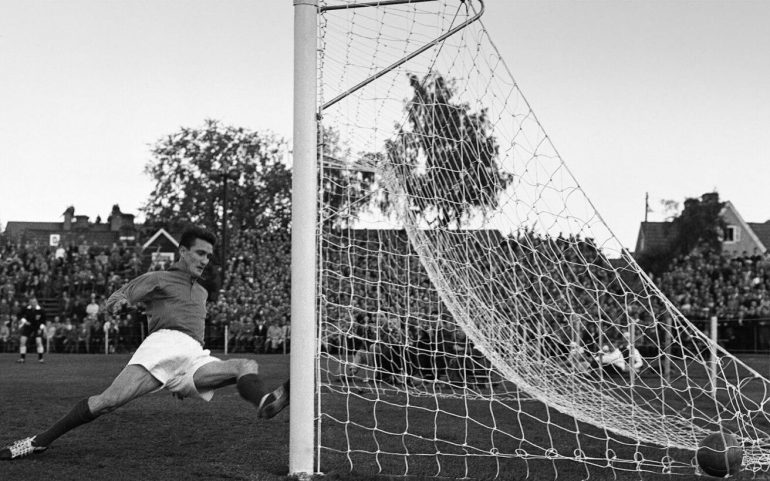The topic you are about to read could be a sports topic. For a football team, he talks, after all. But it is not a sports issue. Or rather it is not a purely sports issue.
You see, the history of Pakhtakor is inextricably linked to Greek politicians πρόσφυγες who after the end of the civil war left Greece and went to the countries of the then "eastern bloc".
One could say that the history of Pakhtakor runs through the history of Greek political refugees and through it one can learn a lot about the way of life, the anxieties and the good moments of the Greeks who found themselves in the USSR.
Perhaps for this reason, history chose to give this team a central hero who enchanted the fans with his football talent in the stadiums of Tashkent but also (many years later) in the Greek stadiums.
This hero is none other than the great Vassilis Hatzipanagis. The legendary "Vasia", who is one of the top footballers who ever set foot on Greek courts.
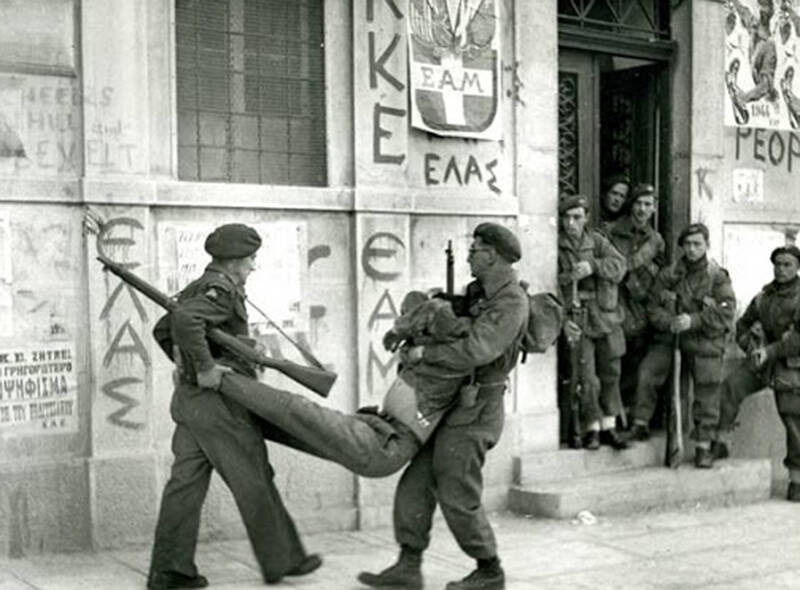
But let's start from the beginning. In August 1949, after three years, hard and bloody civil war, the national army has won the battles against the Democratic Army of Greece on all fronts.
The defeated guerrillas, fearing that with the end of the civil war will follow a pogrom similar to what they had experienced after the Varkiza Agreement, thousands (along with their families and their few possessions) begin to cross the northern borders of Greece in the direction of the "friendly" countries of the then state-owned Eastern bloc and especially the Soviet Union. It is estimated that more than 60.000 people left Greece at that time.
The vast majority of political refugees who did not stay in Albania or Bulgaria settled in Tashkent. There they encountered many different difficulties, they gave a daily struggle for survival in an environment different from Greece, in order to adapt to a way of life completely different from the one they experienced in their lost homeland.
Tashkent, the capital of Uzbekistan, had a Muslim past but from 1918 became the capital of the Autonomous Soviet Republic of Turkestan and from 1930 onwards became a member of the Soviet Socialist Republic of Uzbekistan.
In 1991, shortly before the "collapse of existing socialism", Tashkent was the fourth most populous city in the USSR!
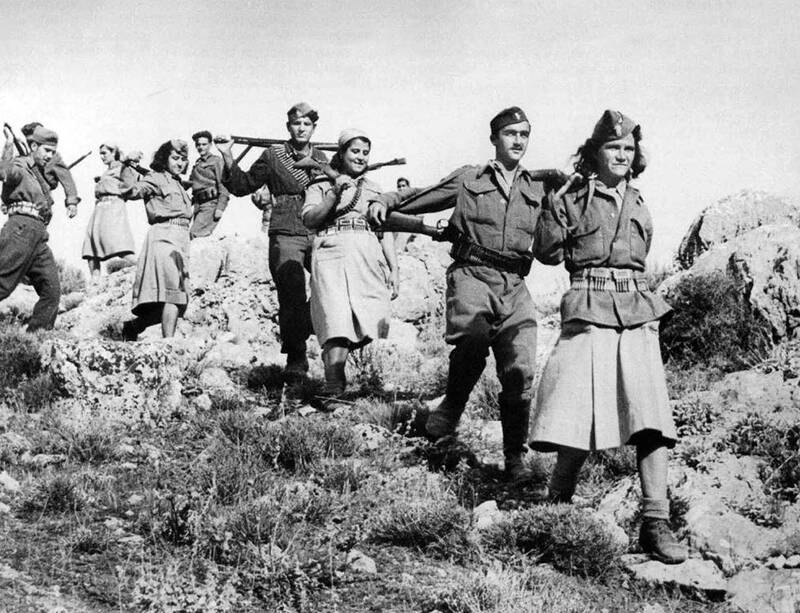
One of the largest communities was that of the Greeks. They were "stateless", a term derived from the Russian word "apatrid" (which of course had its roots in ancient Greek statelessness), which means a stateless person.
It is estimated that even today there are about 500 Greeks in Tashkent who did not return to Greece with the big wave of repatriation, when PASOK was elected government in 1981, and remained there with an official state document that bears the word " unprinted!
The main occupation of the Greeks of the area was the collection of cotton. The needs of the USSR for its harvest were enormous and so most refugees found work in the fields.
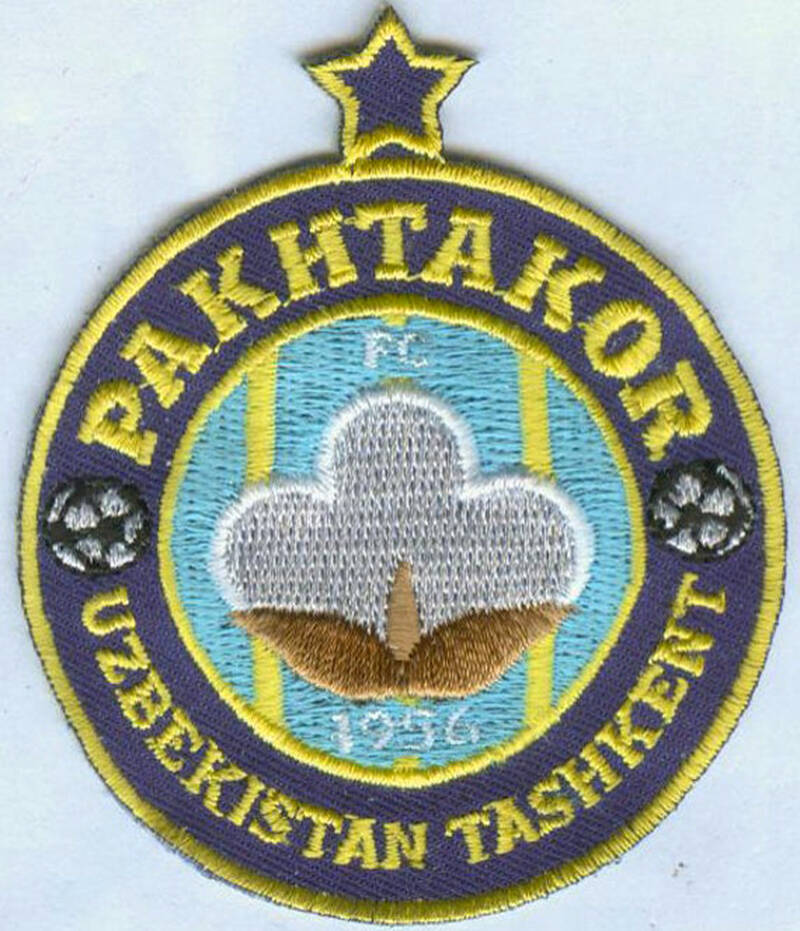
Life in Soviet Tashkent ran with many different problems. People were trying to find a way out of the hard daily life in various entertainments. One of them was, of course, football.
Thus some of them, including Greeks, founded Pakhtakor Tashkent in 1956. Pakhtakor means "those who grow cotton".
From 1936 until 1991, when the Soviet League lasted, Pakhtakor was the only team from Uzbekistan to play there. He played for 22 years in the first division of the USSR. The top position he ever took was sixth and that was because he had to compete with giant teams from Russia and Ukraine, which at the time were measurable not only in the Soviet league but also at the top level of European football. At the same time in 1968 he played in the cup final, where he lost to Torpedo Moscow.
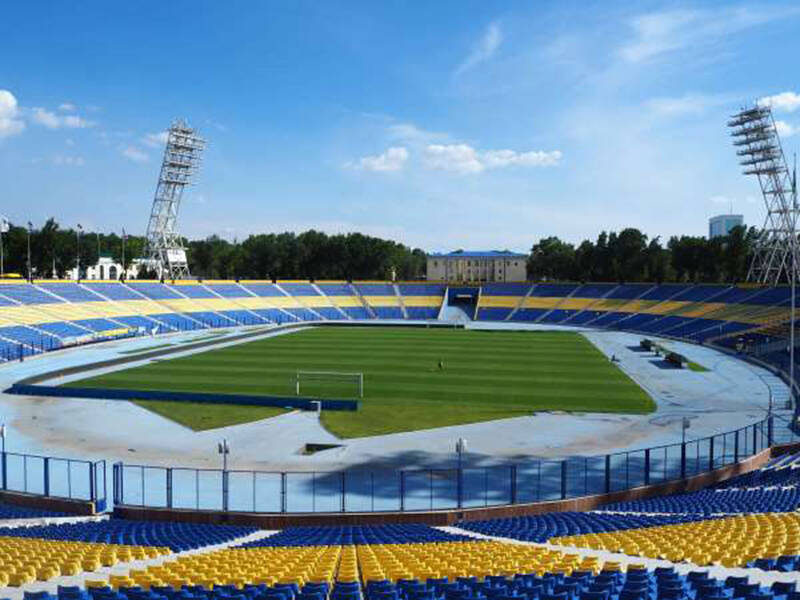
After the fall of the Soviet Union, Pakhtakor, having many great players on its roster but also having experience from the Soviet league, became the absolute leader in its league. Uzbekistan. He has won a total of 12 titles. The only time she "fell" from the podium was when about a decade ago Bunyodkor spent millions of dollars to convince famous footballers to wear their jerseys. He did it with Rivaldo, while he almost bought Eto.
At that time, then, Bunyodkor won four consecutive championships (2008-2012).
Today, however, Pakhtakor has returned to the top for good with coach Sota Arveladze and star Eren Dertiyok.
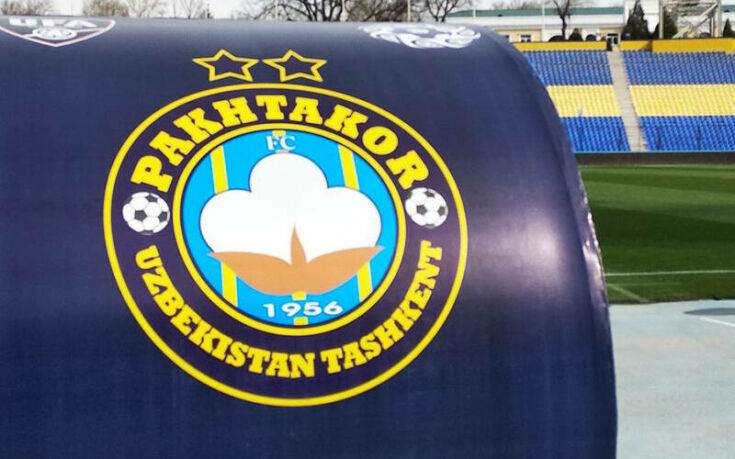
The group of cotton growers and Greek political refugees was supposed to be the one that will highlight the great Vassilis Hatzipanagis who was born in Tashkent in 1954.
The great Vasias started playing from a young age at Dinamo Tashkent, however, in 1972 he was spotted by a Pakhtakor agent and was quickly transferred.
He played there for three years before coming to Greece and Iraklis, in 1975. It is worth noting, however, that the first Greek team to spot Hatzipanagis was Olympic but Pakhtakor did not allow the transfer to take place.
In the three years, however, that he played with the jersey of the cotton growers, Hatzipanagis did "things and things" with a 5-0 match against the mighty Dynamo Kiev where "Vasia" crashed the defense of the Ukrainians, after scoring a goal and giving… four assists!

Hatzipanagis arrived in Greece on behalf of Hercules in December 1975, by train. At the Thessaloniki train station, among the people waiting for him was his grandmother. It was the first time he saw her up close.
She was the one who signed the document of his repatriation, in order to "unlock" the transfer from Pakhtakor.
The continuation of the career of "Nureyev of the Greek courts" is known.
His only sorrow was that he wore the jersey of the National Greece only twice (one in a friendly and the other in a match in his honor) because he had played with the corresponding one of the Soviet Union. "I now believe for sure that I already paid for the political views of my father, who was a leftist until the end of his life. "I had gone to the Soviet Union so many times to get free, but jealousy," he said in an earlier interview.
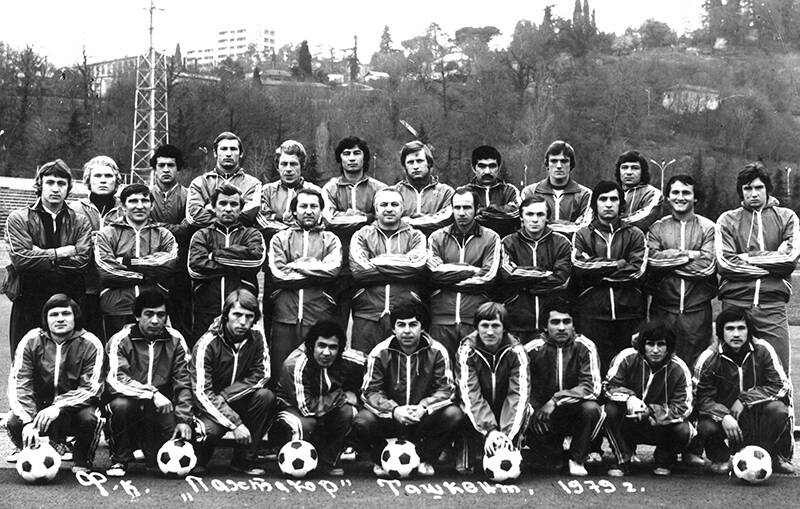
Just four years after the transfer of Hatzipanagis from Pakhtakor to Hercules, its history will be marked by a tragic plane crash. On August 11, 1979, a plane carrying the team that would face Dynamo Minsk in the Soviet League collided with another, and the tragic death toll was 178. 17 of them were Pakhtakor players.
The investigation that followed revealed that a fatal mistake by the control tower and a confusion with the radios and the communication led to this huge tragedy. Essentially the person in charge of the control tower put the two planes with different destinations, to pass through the same area and at the same altitude.
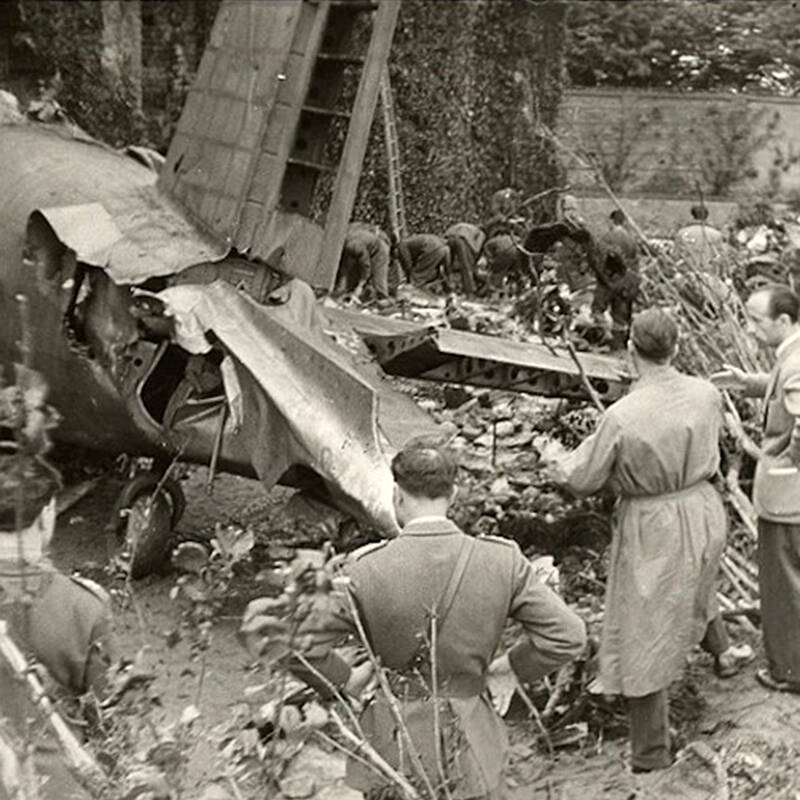
Vassilis Hatzipanagis could have been in the fatal plane, if he had not received that transfer. "We were with him Hercules for preparation in Katerini. At one point the phone rang at the hotel. They were Greek journalists asking the names of Pakhtakor players. What do you want, guys? I asked them. They were killed in a plane crash, they told me. I froze. My legs were amputated. "If I had lived in Tashkent, I would have been dead," he said.
